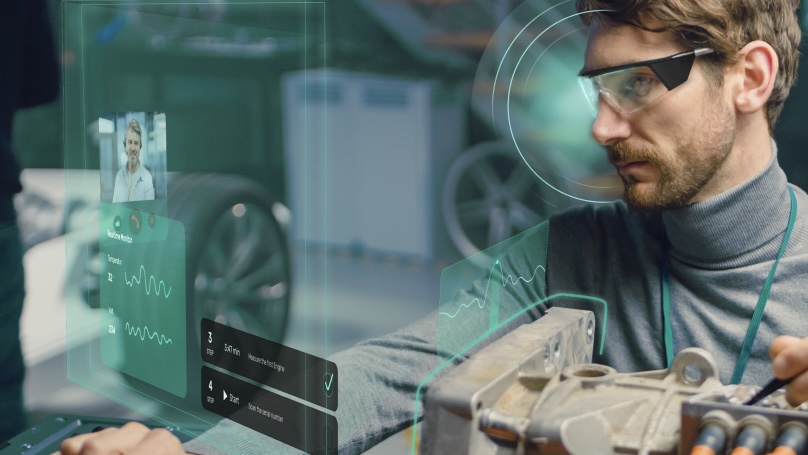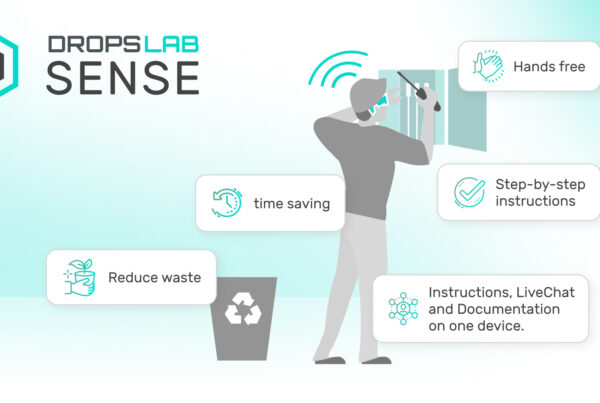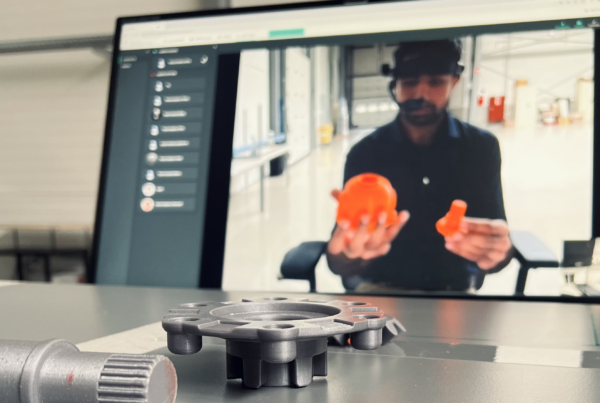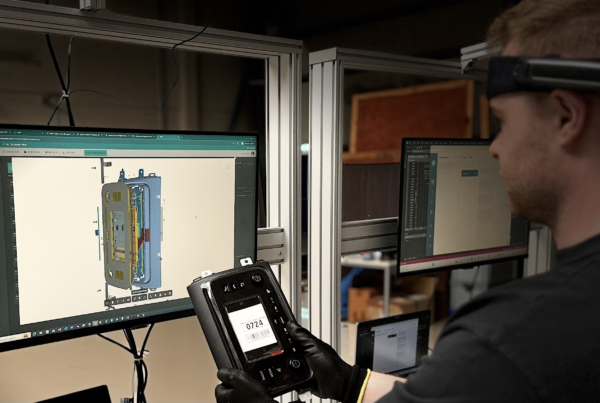Future of Manufacturing: Smarter, Digital, Connected
Different industries are going through a change known as Industry 4.0, including our manufacturing and production industries. In simple words this shift is described as the incorporation of digital technologies in the simple everyday production tasks and processes. Digital work instructions and smart factories are both a big part of this revolution as they together help the organizations to improve efficiency, flexibility, and accuracy in task management and production operations.
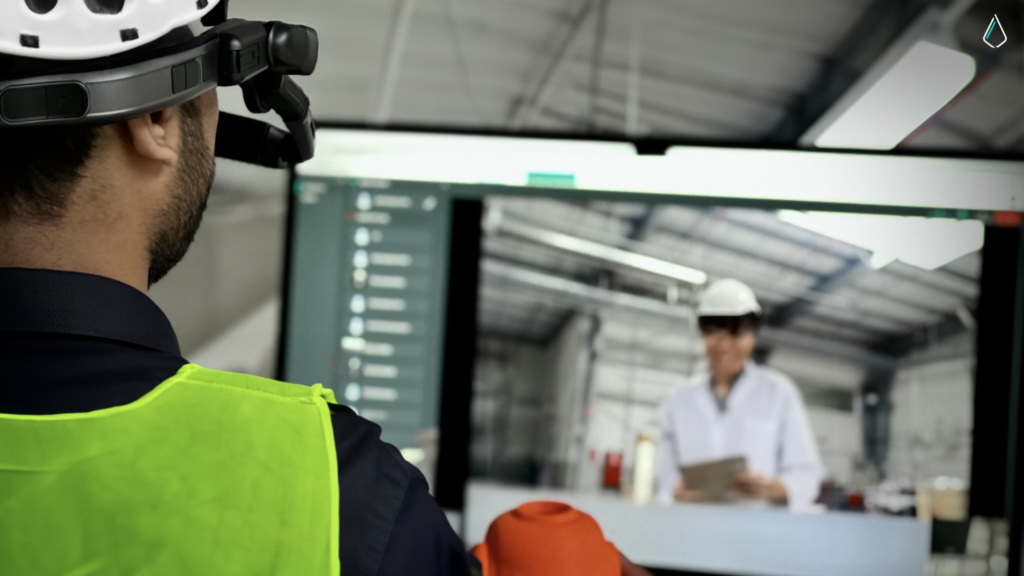
Digital Work Instructions: Enhancing Efficiency and Accuracy
Digital work instructions (DWIs) are simply your virtual, digitized instructions that have now replaced the traditional paper-based manuals. They provide real-time and interactive guidance to workers on the shop floors so they perform their tasks efficiently without any problems. There are many ways through which these work instructions are delivered such as tablets, smartphones, augmented reality headsets and more. Anything connected with clouds and synchronized throughout the industry can be used to display DWIs.
Key Benefits:
- Improved Accuracy: These work instructions help in reducing human errors as they provide us with precise, step-by-step instructions. These instructions are easy to understand because instead of simple written words, there are videos, 2D/3D images, and more which help the workers to understand them easily and perform the task without problems.
- Real-Time Updates: Since these instructions are connected through a cloud system, they are also updated instantly. This enables the workers to have the most current information about the production line. It is beneficial when there are any design changes or any process improvements are being made as through DWIs, the workers can instantly see the progress and changes.
- Data Integration: These instructions can easily synchronize with other digital systems and provide real-time feedback and performance data. This can further help with continuously improving the production line.
Smart Factories: The Heart of Industry 4.0
Similarly, a smart factory is also a digitized and connected production factory that uses different technologies for its processes. The technologies can include artificial intelligence (AI), robotics, and Internet of Things (IoT). Smart factories also allow industries to have independent operations and real-time optimization throughout the whole assembly line.
Core Components:
- IoT and Connectivity: When devices and machines are connected through IoT, they allow smooth communication and data transfer. This connectivity helps with predictive maintenance. It also decreases the downtimes in the production line and improves the overall efficiency.
- AI and Machine Learning: The artificial intelligence algorithms analyze huge volumes of data which helps in optimizing the production schedules. It can also help in predicting how the equipment is working and when it might fail. Such insights can help in improving the quality control on the shop floor.
- Robotics and Automation: There are many times when recurring and complex tasks take up a lot of time of the workers which increases the chances of errors on the assembly line. However, with advanced robotics and automation, the recurring and complex tasks can be performed by the machines which can help in improving precision. It can also enable the human workers to focus on developing new strategies which can help in optimizing the production line.
- Cyber-Physical Systems: The cyber-physical systems are used when synchronizing the physical processes and computational algorithms together. They create a mutual connection between the physical and digital parts of manufacturing.
Advantages:
- Increased Productivity: Automation of processes and real-time data tracking and analysis simplifies the operations. It also boosts productivity and reduces waste.
- Flexibility and Customization: Smart factories can instantly familiarize us with changes being made in the production line. This helps with huge volumes of customization and provides instant responses to the market demands.
- Enhanced Quality Control: Constant monitoring and data analysis through the smart factories allow organizations to reduce defects and make sure that high-quality standards are being followed.
- Sustainability: If resources are managed properly and energy consumption is reduced in the organizations then it can enhance sustainable manufacturing practices. This is also what you can achieve with smart factories.
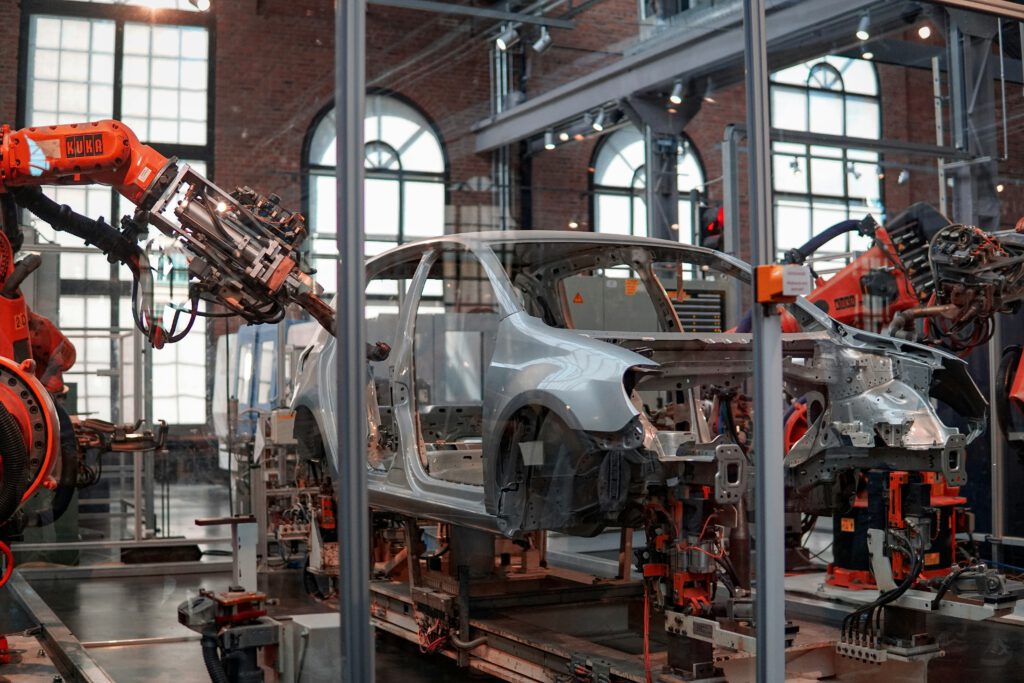
Industry 4.0: The Larger Picture
Industry 4.0 is the fourth industrial revolution with brings with it the mix of physical and digital worlds. It includes many technologies such as the internet of things, cyber-physical systems, cognitive computing, and cloud computing. This industrial revolution has brought with it a huge change in how an assembly line works. It has completely changed the way products are being designed, manufactured, and delivered to customers.
Key Impacts:
- Supply Chain Transformation: The supply chain can be transformed through digitalization. It improves supply chain transparency and allows the workflows to have better coordination and reduces the lead times on the production line.
- Customization at Scale: Industry 4.0 also offers personalization of products. Since it uses advanced manufacturing methods, they allow customization of products at a large scale without affecting the overall supply chain.
- Economic Growth: The Industry 4.0 technologies can help in increasing the economic growth of a sector or country. They help produce new business models and create job opportunities for workers.
- Global Competitiveness: The global market these days is all about Industry 4.0. So, the organizations and countries which are going towards Industry 4.0 can easily enter the technological competition around the world.
Challenges and Considerations
Although Industry 4.0, digital work instructions, and smart factories offer a lot of benefits. They still have some challenges that they need to overcome so that organizations can adapt to them without any problems. These include:
- Cybersecurity: Since everything is now shifting to clouds, the increased connectivity allows cyber-attackers to have easy access to the data. Therefore, the organizations must focus on strong security protocols, so their data stays safe.
- Investment Costs: Not every organization can afford the high investments and costs that the new technology and infrastructure requires. Therefore, it can be a challenge for them to shift towards these new technologies.
- Data Management: Shifting directly to smart factories, digital work instructions, and Industry 4.0, does not allow the organizations to record data and analyze it without issues. To do so, organizations need modern data management and analysis technologies which can be difficult for some organizations to get.
Summary
The manufacturing industry and some other industrial sectors are being completely changed with the incorporation of new technologies like smart factories, digital work instructions, and Industry 4.0. These technologies come with a lot of benefits which can help organizations to improve their accuracy, efficiency and allow flexibility in workflows. However, before we move towards these technologies, it is important to overcome the challenges that come with them. This way, organizations can easily shift towards these technologies and become connected, intelligent, and highly efficient.
